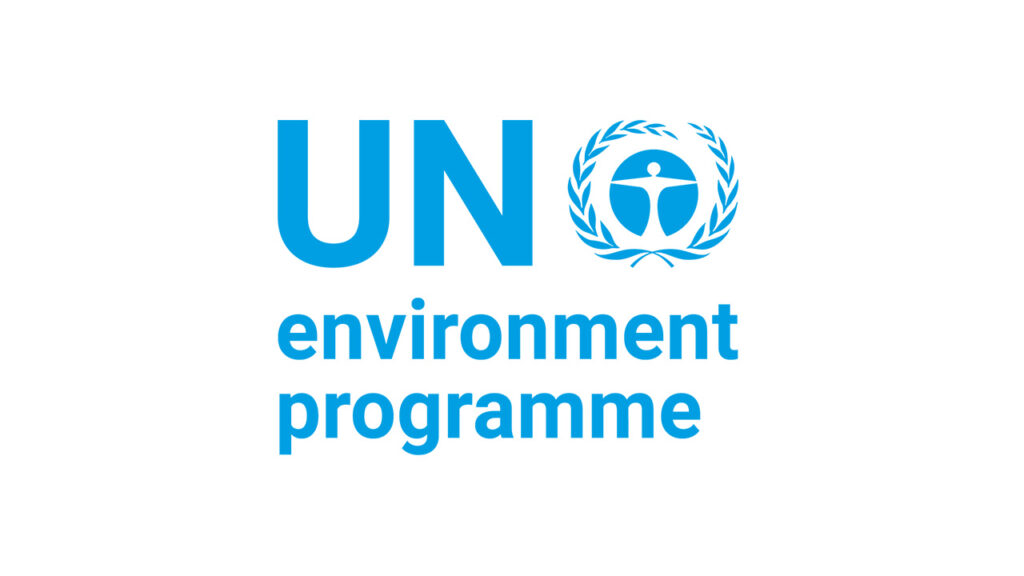Dr. Iyad Abumoghli and a panel of experts discuss the role of faith actors in contributing to multilateralism, particularly in regards to the triple planetary crisis (climate change, pollution, and biodiversity loss.
This series explores the role that faith-based organizations play in the establishment of sustainable lifestyles and achieving UNEP-established guidelines for care of the earth.

Faith and Sustainable Lifestyles - Part 2
This series explores the actions that faith-based organizations can take—and are taking—in promoting sustainable lifestyles and achieving UNEP-established guidelines

Faith and Sustainable Lifestyles - Part 2
This series explores the actions that faith-based organizations can take—and are taking—in promoting sustainable lifestyles and achieving UNEP-established guidelines
Dr. Iyad Abumoghli and Sarah Berg, Acting Director for the Center for Climate Justice and Faith at Pacific Lutheran Theological Seminary, discuss the ways in which faith communities are uniquely positioned to combat the climate crisis.
Delving into interconnected global challenges, a panel of experts emphasize the collective power of different faith communities to shape robust environmental policies and champion sustainable practices (Part 1 of 2).
Delving into interconnected global challenges, a panel of experts emphasize the collective power of different faith communities to shape robust environmental policies and champion sustainable practices (Part 2 of 2).
Religious scholars, scientists, and environmentalists provide evidence linking faith teachings with environmental stewardship.
Changing the Future: Mindfulness for Earth Part 2
In this lecture, an international and interfaith panel discusses how mindfulness can induce individuals and communities to adopt sustainable behaviors (Part 2 of 2).
Changing the Future: Faith, Values and Ethics for Environmental Governance Part 1
This panel discussion explores the diverse morals and ethics that inform the global societal norms and laws that directly impact our collective perception of the environment (Part 1 of 2).
Changing the Future: Biodiversity and Ecosystems Part 1
In this discussion, leaders in environmental focused organizations exchange ideas on how to promote interfaith collaboration and inclusive perspectives to ecosystem restoration (Part 1 of 2).













